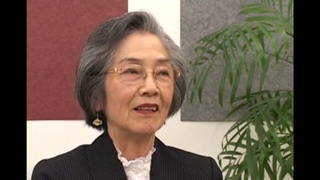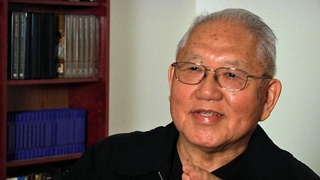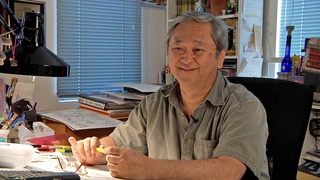Interviews
Learning Japanese traditions by observing his mother and grandmother
Not, you know, formally “this is how you do things”—you know, she would never actually pushed any Japanese culture on me—neither did my grandmother and, you know, it was just watching how, you know, my grandmother lived everyday life and the way my mother did things, you know, those are things that, you know, I…you know received from them or things I learned through them. You know, taking your shoes off at the door…you know, eating with chopsticks, and you know, things like that.
Date: March 30, 2010
Location: California, US
Interviewer: Yoko Nishimura
Contributed by: Interview by Watase Media Arts Center, Japanese American National Museum. Courtesy of Japanese American Cultural & Community Center
Explore More Videos




Taking her father’s ashes, going back to Japan, learning the koto and culture
(1916-2016) Florist











